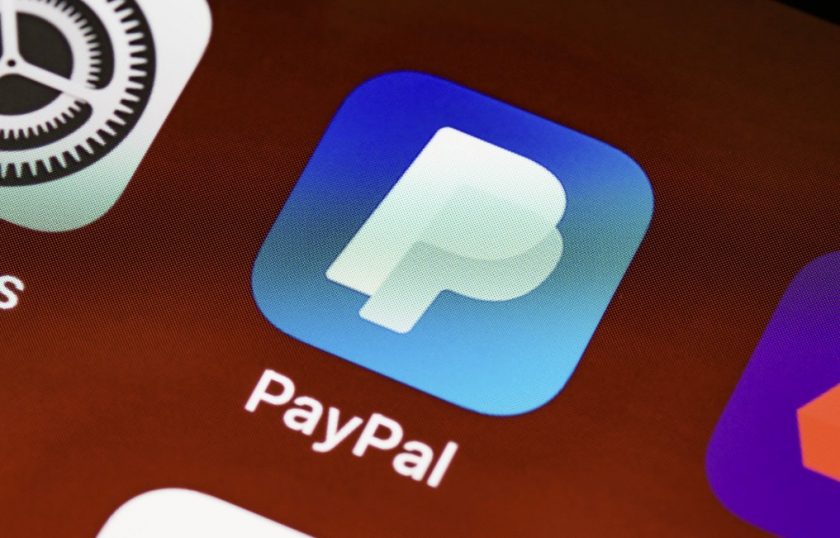Trading Standards: Public sent phoney PayPal security texts

The Chartered Trading Standards Institute (CTSI) received evidence of texts purporting to be from the online payment platform PayPal.
The texts mimic official messages that inform the recipient that someone has logged into their account. It then asks the recipient to tap a link to a bogus website to report if this was not them.
The website requests the account’s login details supposedly for verification and “(to) secure your PayPal account”, but the page sends the information to scammers, who may gain access to the PayPal account.
The popular payment platform, which now has over 377 million users globally, is being targeted at a time when eCommerce and online payments have grown significantly due in part to COVID-19 measures.
This text scam is being spread simultaneously as other themed scam texts, including bogus supermarket delivery texts, fake bank security messages, and phoney Royal Mail shipping fee texts.
CTSI Lead Officer, Katherine Hart, said: “Many millions of people now use PayPal as a payment method and the surge in online shopping due to COVID-19 restrictions make this scam particularly dangerous in its potential impact.”
“The public should verify with PayPal directly before engaging with any message, and they should forward scam texts to 7726, a free reporting service run by Ofcom.”
“The public should reports scams such as this so that authorities can get a complete picture of the scale of this problem.”
“So many people are bombarded by scam messages at this time, and we must inform our friends, family and social groups about this to mitigate the impact of these scams.”
To report scams, contact Action Fraud.
For consumer advice, please call the Citizens Advice Consumer Helpline on 0808 223 1133
The public and businesses are encouraged to join Friends Against Scams and Businesses Against Scams, respectively.
These initiatives aim to protect and prevent people and businesses from becoming scam victims by empowering them to take a stand against scams.
Spotted something? Got a story? Email: [email protected]
Latest News
